A differential is a set of gears that allows a vehicle’s driven wheels to revolve at different speeds when going around corners or over rough terrain. Those gears require lubrication, which is commonly called differential fluid, gear oil, or gear lube.
How often you should change differential fluid depends on your vehicle, driving conditions and fluid quality. If you drive primarily on the highway in temperate conditions and rarely tow or haul, you won’t need to change the differential fluid very often.
However, severe operating conditions break down differential fluid more quickly and place greater stress on the gears and bearings, inviting wear that reduces their lifespan.
Greater capacity, less lubrication.
Truck manufacturer’s ongoing arms race for the highest towing capacity has resulted in trucks that place more stress on differentials than their predecessors. Meanwhile, differential fluid capacities have largely decreased or remained the same.
For example, compare a 1996 Ford F-250* Crew Cab to the 2021 version. Back in 1996, maximum towing capacity was 10,500 lbs. using a rear differential that held 3.75 quarts of gear oil. The 2021 model offers up to 15,200-lb. towing capacity using a rear differential that holds between 3.3 and 3.5 quarts of fluid.
This means less lubrication is responsible for protecting gears against increased heat and stress. In this environment, inferior lubricants can shear and permanently lose viscosity. Once sheared, the fluid film weakens, ruptures and allows metal-to-metal contact, eventually causing gear and bearing failure.
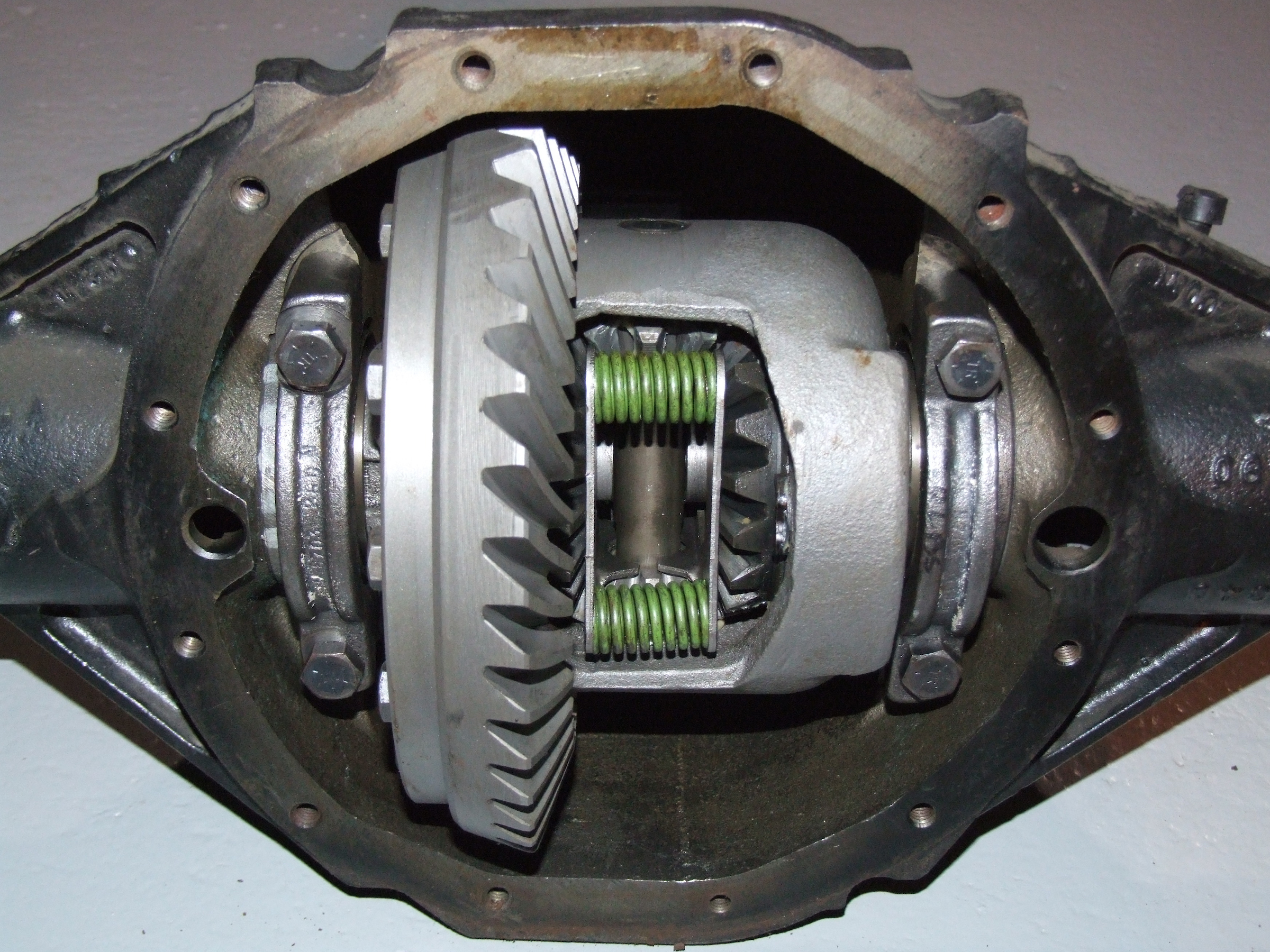
Increased temperatures
As temperatures rise, lubricants lose viscosity and the extreme pressure between gears can shear the lubricant film, causing increased metal-to-metal contact, friction and heat. Friction and heat create a vicious cycle known as thermal runaway that spirals upward, leading to increased wear and potential gear failure.
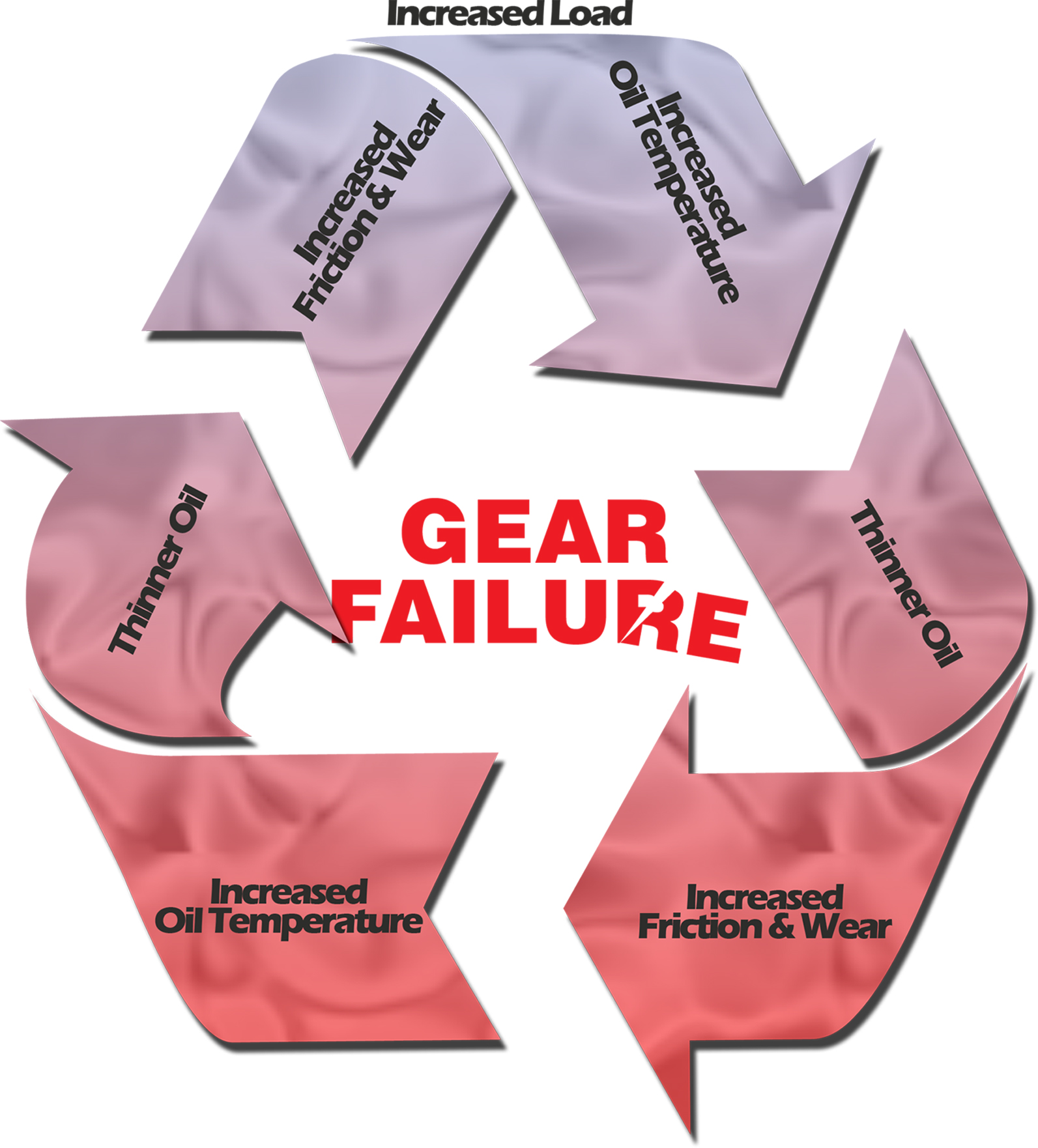
Severe service
If you tow a trailer or haul heavy loads frequently, especially in warmer temperatures, most manufacturers recommend changing the differential fluid more often, sometimes as often as every 30,000 miles. This applies to most work trucks and anyone who pulls a camper, boat or trailer regularly
The best way to determine the recommended mileage interval for differential fluid changes is to check your owner’s manual. Use a high-quality synthetic gear oil to reduce gear wear and maximize your vehicle’s ability to tow and haul.
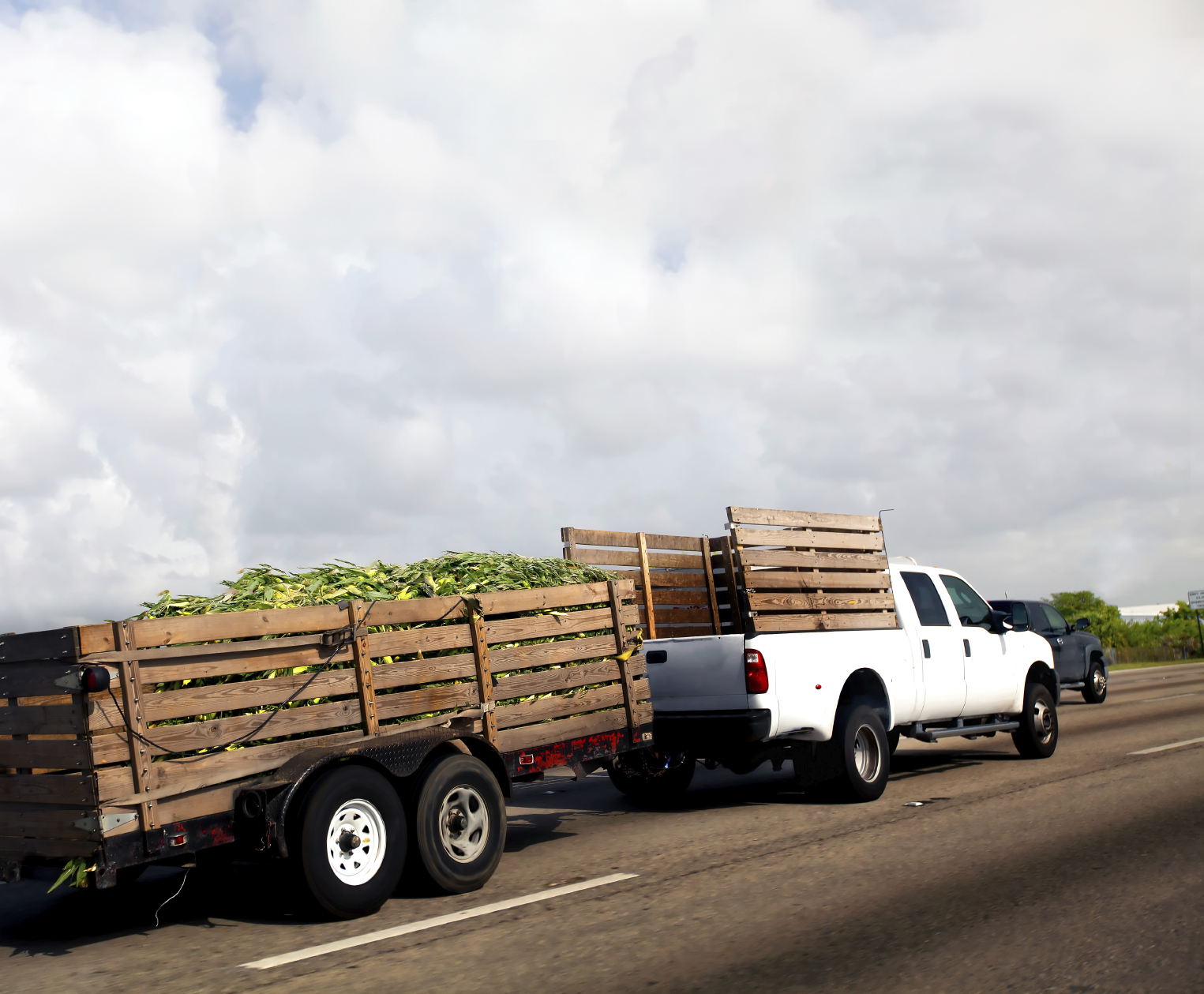
Easy-Pack
AMSOIL SEVERE GEAR Synthetic Gear Lube is specifically designed for severe service. It maintains viscosity better than other gear lubes under rigorous use and contains advanced anti-wear additives for additional protection.
SEVERE GEAR often costs less than OEM-branded gear oil, and the AMSOIL Easy-Pack eliminates the frustrations of changing gear oil. Its flexible design lets you easily reach inconvenient fill holes and squeeze all the gear lube out of the package. Less mess, less waste, less frustration.
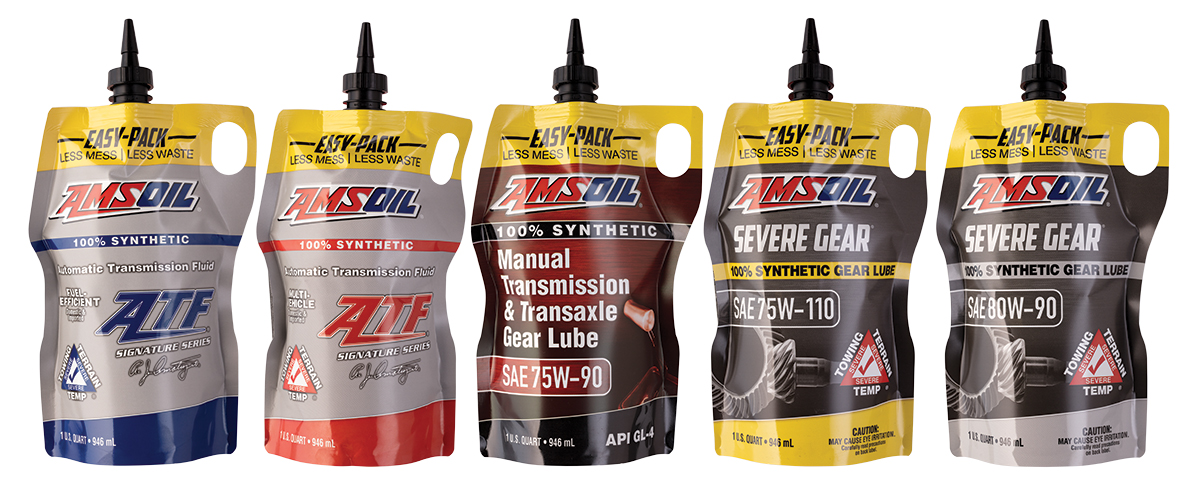
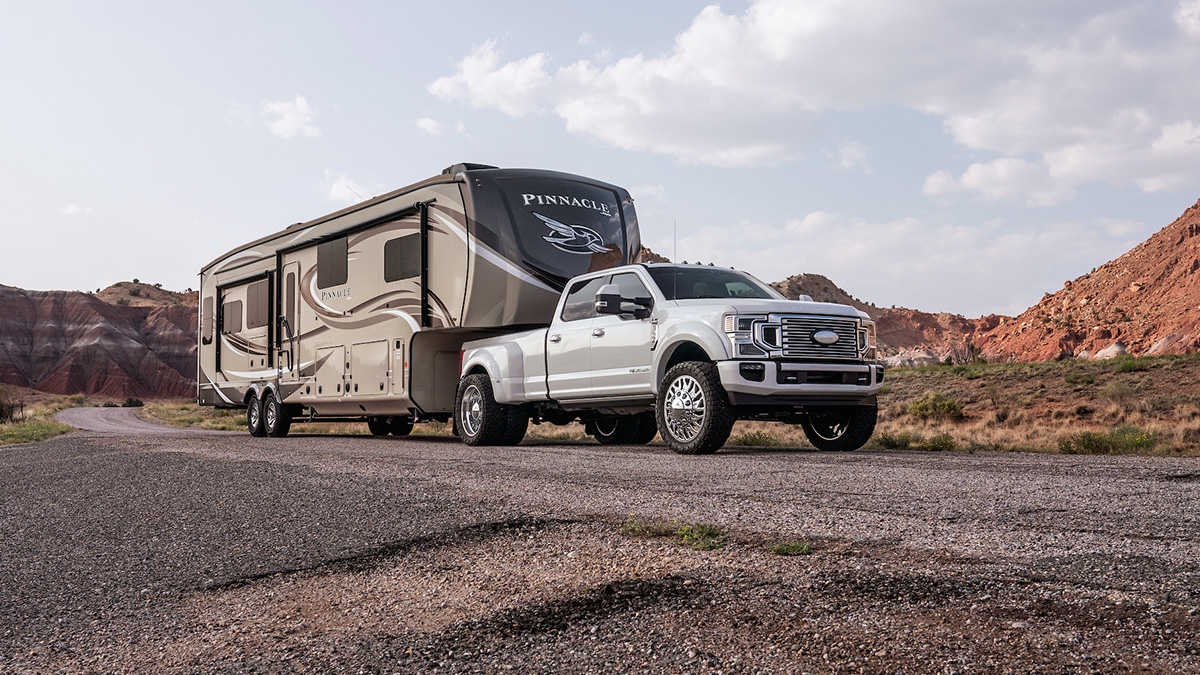

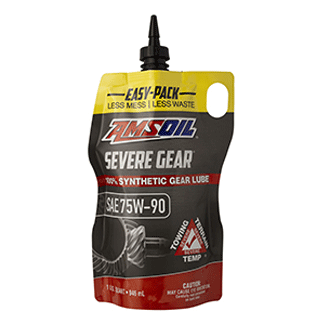
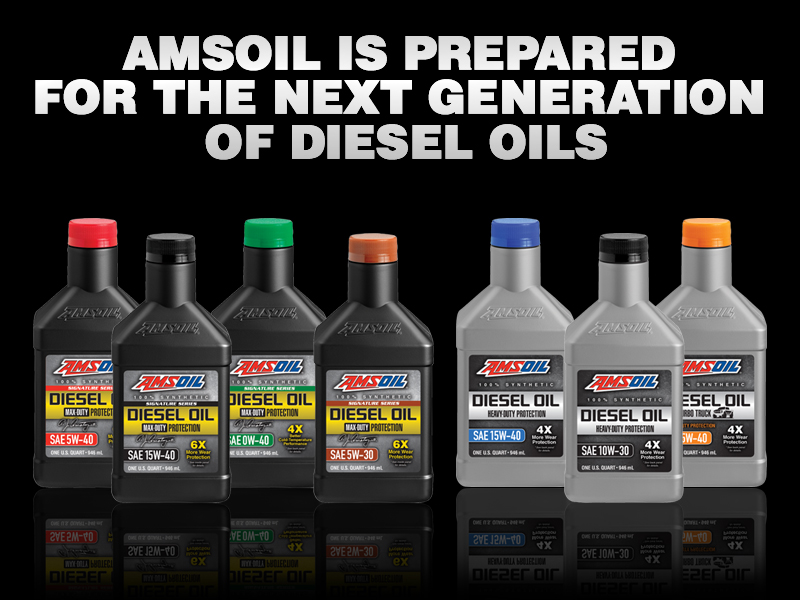
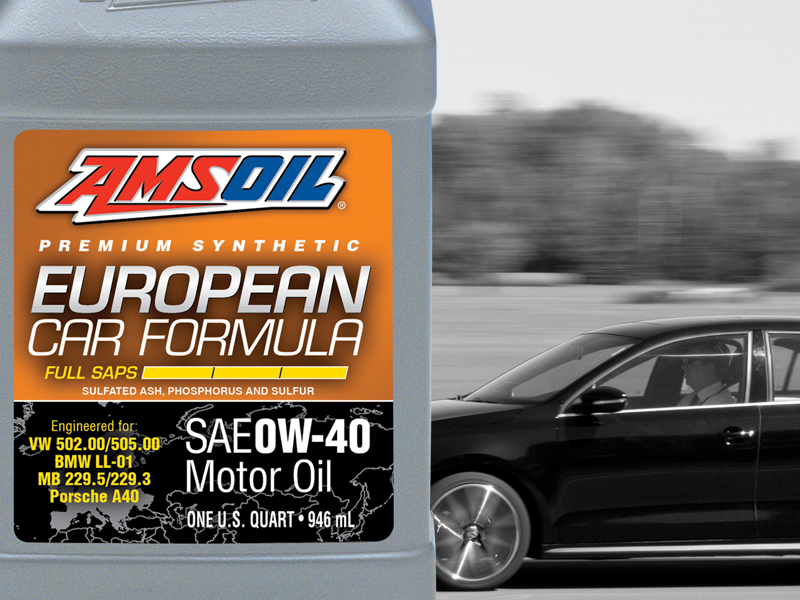

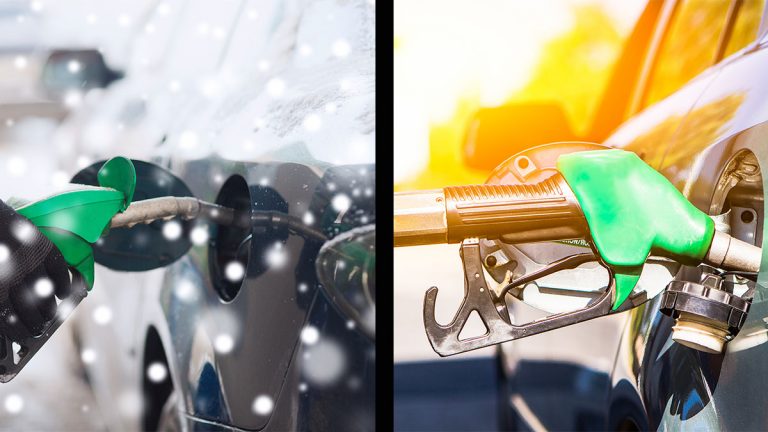
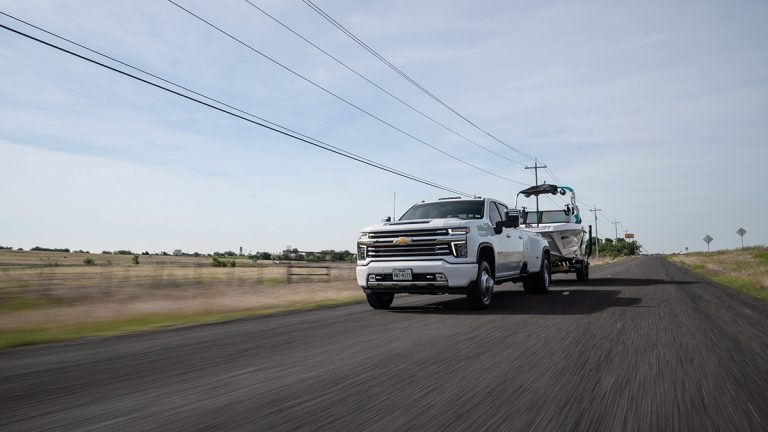

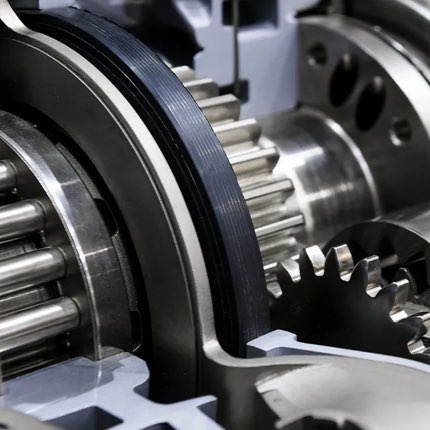
Greta information. Thanks for sharing!
This blog post is absolutely on point.
2013 Ford Expedition RWD with 5.4L and 9.75 Rear Gear.
In the owner’s manual, Ford recommends changing transmission and differential fluid at 150,000 miles. I regularly tow a 9.500 lb travel trailer and a 3,000 lb utility trailer. At 60,500 miles I just changed my transmission fluid to Amsoil ATL (and the transmission filter) and the rear axle with Amsoil SVO (2.75 quart capacity). BOTH fluids drained out were “brown” in color and showed signs of thermal degradation.
I am looking forward to my first full tank of gas and seeing the change in my fuel economy. Since I began using Amsoil products in 1989 I’ve seen an increase in fuel economy and a reduction in normal operating temperature in every vehicle I’ve owned when I have installed Amsoil products throughout the drivetrain (motor oil, transmission and differential fluid).
I’m grateful to Amsoil for the high quality products they provided to me for almost three decades.
Hi Mike,
Great story; thanks for sharing!
John
Thanks sir for posting such an informative blog.It is so helpful for the customers who wanted to know about changing of fluid in their vehicle.However the answer is universal to each vehicle as fluid change depends on your vehicle,driving conditions and quality of different fluid.The thing is that if you are driving your vehicle in high temperature region then there is no need to change the fluid often.But if you drive the car in that region where the temperature varies time to time then you need to change the fluid.The only way to know the exact time interval for fluid change is to check your owner’s manual or visit the dealership.
When I serviced the front and rear differentials in my Silverado 1500 4×4, I decided to go with Amsoil Severe Gear 75w140. A few months later the rear axle became noisy, worsened very quickly and had to be rebuilt.
Hi Henry,
I’m sorry to hear about your truck. A lot can happen in a “few months,” but if you suspect the lubricant failed, reach out to AMSOIL Technical Services for help at 715-399-TECH.
Thanks,
John
I have some SEVERE GEAR 75-110 on the shelf that I have been thinking about putting in my Hombre (GM Sonoma) which has min. 80w90 at the moment. But this story makes me skeptical esp since I had to put new bearings in the diff at 110,000 km. I think factory debris in the axle caused that issue. But GM had no comment exc. that my warranty was over. Haha. So don’t feel like doing it again. I’m also wondering about starting leaks with SG. So might just put in some more min. 80w90. The 4.3 engine on this thing likes cheap oil and starts leaking on synthetic so maybe it’s telling me something.
Any advice?
Hi Bob,
We recommend sticking with what the manufacturer recommends. We do make an 80W-90 viscosity of SEVERE GEAR Synthetic Gear Lube. Why are you concerned about SEVERE GEAR causing leaks? Synthetic oil won’t cause seals to leak; that’s a myth that’s persisted for the past 50 years due to a few poorly formulated products years ago. You’re perfectly safe using synthetic gear lube in your differential.
Thanks,
John
Henry, I believe the AMSOIL Online Product Applications Guide calls for AMSOIL Severe Gear 75W90 rather than 75W140. The 75W140 is much thicker than the 75W90 and might not flow through the bearings quick enough to keep them cool.
I believe that Ford has advised to change to the 75-140 in most applications. confirm with your local dealer for specifics on vehicle.
A very useful post with the quick tips. You really focus on the very important subject.
Thank you for this great and informative post.
Great info. Author did very hard working and analysis. Thanks for this great article. Hello, thanks for this great information. I was looking for know about the towing service. Dont have much idea about this.
I think that is a great idea and must admit I hadn’t thought too much about the use of fluid change till I read your blog. Many Thanks!
I would always use whatever weight gear lubricant the factory owner’s manual recommends: i.e. 75w-90 100% synthetic gear lubricant for front and rear differentials on a 2018 Chevrolet Silverado 2500HD. Do not try to (you are more than welcome to do whatever you want) out guess them with a thicker gear lubricant. Always use a 100% synthetic regardless of what brand you use and service interval you wish to use. No such thing as “lifetime” factory fill. Cheers!
As many have stated, the requirements for gear oil, especially in the Ford application (they no longer make 75W-90) have changed due to poor quality of the fluids available, leading to thermal runaway and degredation and eventual damage of parts. Keep in mind that “full synthetic” is not 100% synthetic, and will not perform as a 100% synthetic lubricant. Any oil that says “blend, or highly refined” is a petroleum based oil. I don’t have the ability to tow much as my everyday driver and hunting rig is a 77 Bronco, but it’s built up 350HP 302, and I run a Detroit locker rear diff. I run the SVT 75W-110 front and rear, because it’s bulletproof! I don’t get chatter or banging as I did when I first got it and had some 75W-90 cheap petroleum (stay lube). It runs cooler and I get better fuel economy, you can’t beat AMSOIL in any category! Thank you AMSOIL!
John B,
I’m concerned about SG leaking since historically that’s what synthetic fluids tend to do.
So, if I put in the SG and some seals start leaking and I have to dump fluid, pull axles, put in new wheels bearings and all seals plus crush sleeve I assume AMSOIL will pay the bill.
Because what you are saying is that if the axle does not leak on min. 80w90, it wont leak on SG.
Is that correct?
Bob P.
Hi Bob,
Synthetics won’t cause leaks. Sometimes, in older vehicles, sludge and deposits can “paper over” worn or cracked seals like Spackle, preventing leaks. Synthetics often contain higher-quality detergents than conventional oils, which can remove the sludge and deposits, reveal the true condition of the seals and lead to a leak. In these cases, you’re picking your poison – sludge and deposits robbing the application of efficiency or worn seals causing leaks.
Contact AMSOIL Technical Services with specific warranty questions ([email protected]; 715-399-TECH). They’re well versed on our warranty and can provide better advice than I can.
Finally, if you’re concerned about using a synthetic gear lube, I suggest you simply stick with conventional. Like I said, synthetics aren’t going to ruin the seals and cause leaks, but I suspect my claim does little to assuage your fears over a potentially big headache. To relieve yourself of the stress, maybe it’s best to stick with what you’re using.
Thanks,
John
JB,
OK so this axle should be clean since it was apart at 110 km for diff bearings, was cleaned out of debris at that time and now despite being over 20 yrs old, has only 156,000 km total.
So i would guess that its clean but maybe min 80w90 should be changed with 46000 km on it under light duty use i would say. Or about 28500 miles. I dont know.
So the sludge issue should be off the table. But i know that is the normal line when something leaks after going to synthetics.
BTW the SG 75-110 i have says on the bottle it is recommended as a refill where 80w90 is specified.
Bob.
Will AMSOIL SEVERE GEAR 75W-90 oil work for the differential and transfer case in the 2021 Highlander with AWD? Toyota calls for Toyota Genuine Gear Oil LX (limited slip). Will a limited slip modifier be required with the AMSOIL SEVERE GEAR oil or just the Amsoil gear oil along work?
Hi John,
Yes, SEVERE GEAR 75W-90 is recommended for your Highlander and, no, you don’t need to use friction modifier.
Thanks,
John